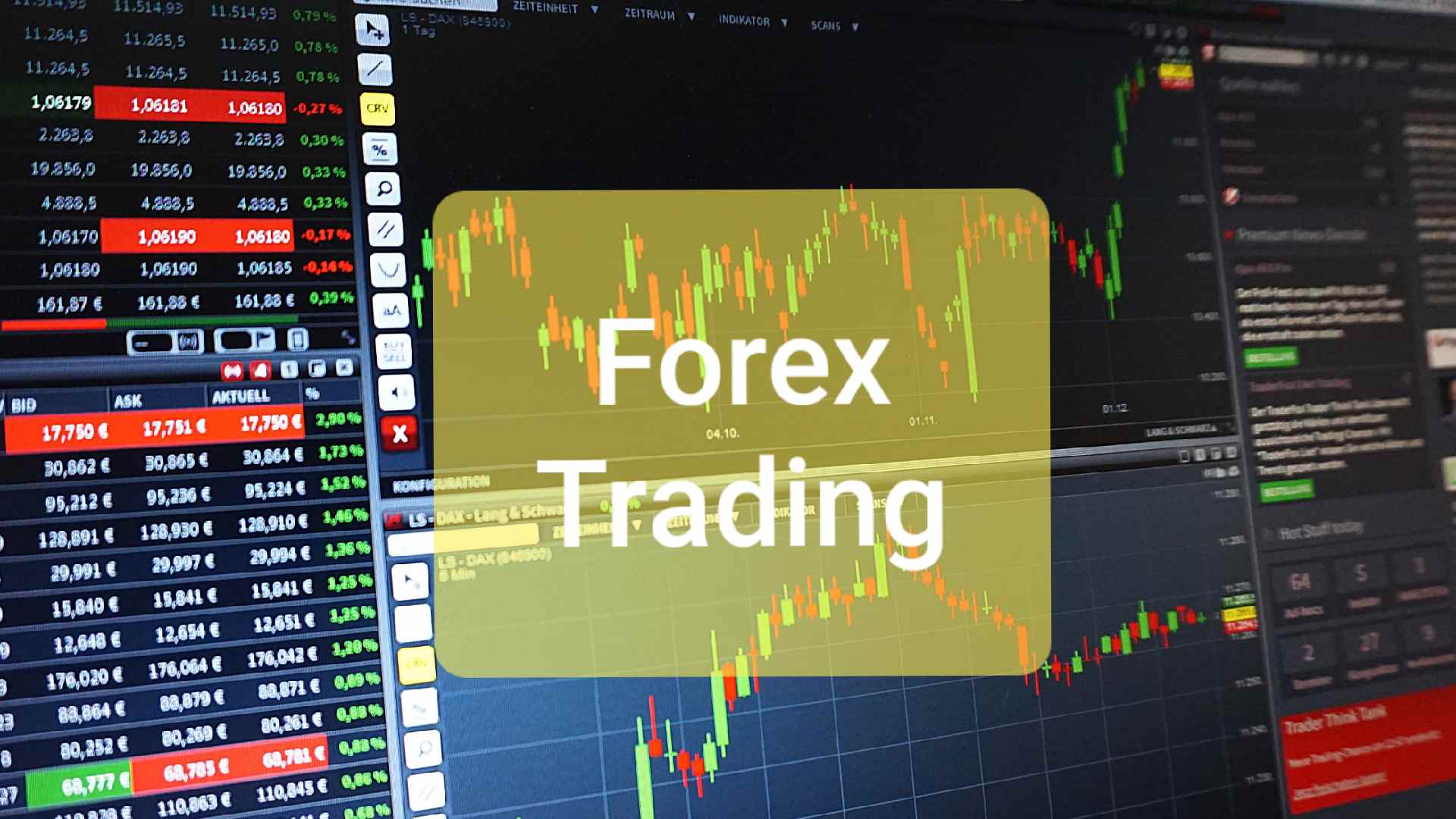Monetary Battle: Successful Strategies in the Foreign Exchange Sphere

Currency trading, commonly regarded as a intimidating landscape for many, is one of the most vibrant environments in the world. With a regular trading volume that exceeds six trillion dollars, it offers extensive opportunities for both experienced traders and newcomers alike. Understanding how the Forex arena works is vital, as it operates differently from standard stock exchanges, marked by its distinct currency pairs and the significant role of economic news.
In this article, we will explore effective strategies that can help you navigate the nuances of Forex exchange. Whether you are just starting out or looking to refine your strategies, we will cover everything from the basics of Forex trading to expert methodologies that have demonstrated success. With insights on risk management, the trader psychology, and the influence of worldwide occurrences, you will be prepared with the insight needed to enhance your trading experience and improve your chances of success in the cutthroat Forex arena.
Grasping Foreign Exchange Fundamentals
Forex, or currency trading, is the global marketplace where currencies are traded. This market operates continuously, allowing investors from different time zones to buy, sell, and exchange money. The key players in this arena include financial institutions, financial institutions, corporations, and individual traders. Unlike conventional stock markets, the Forex market is decentralized and operates over-the-counter, meaning transactions occur directly between participants, often times facilitated by brokers.

In Forex trading, currencies are exchanged in pairs, where one kind of money is swapped for another. For example, in the currency pair EUR/USD, the EUR is the base currency and the USD is the secondary currency. Investors speculate on the fluctuations of these pairs based on various elements such as economic signals, political occurrences, and trader psychology. Grasping how these aspects affect currency values is crucial for making informed trading choices.
Leverage plays a significant role in Forex trading, allowing investors to control bigger positions than their starting investment. While this can amplify profits, it also increases the potential of large losses. Therefore, it is essential for traders to understand the basics of financial leverage, currency pairs, and the elements influencing price movements to navigate the Forex arena successfully. This foundational knowledge sets the stage for exploring advanced strategies and methods in the following sections.
Profitable Trading Tactics
Formulating a strong trading strategy is crucial for achievement in the Forex market. One of the most strategies is trend following, where traders examine the market to identify upward or downward trends and make trades that correspond with the direction of the market. By utilizing technical indicators such as averages or trend lines, traders can support the trend and enhance their chances of making profitable trades. This strategy reduces the risk of trading opposite to the market's trend and allows traders to capitalize on prolonged price changes.
A different well-known strategy is trading within a range, which entails identifying key support and resistance levels. Traders using this method look for price to oscillate between these levels, buying at support and selling at resistance. This strategy can be particularly advantageous in non-trending markets where price shows less volatility, allowing traders to take benefit of consistent price movements. Properly identifying these levels can help traders control risk more effectively, enhancing potential profits while reducing losses.
Swing trading focuses on grabbing short to medium-term price changes by holding positions for a few days to weeks. Traders scrutinize price action and utilize indicators to detect potential turnarounds or breakouts from predetermined patterns. This approach allows traders to benefit from market fluctuations without the need for constant monitoring that day trading requires. By integrating technical analysis with market fundamentals, swing traders can boost their gains and make calculated trades that fit with their overall trading strategies.
Risk Management and Trading Psychology
Effective risk management is essential in the Forex market, where price changes can lead to significant losses if not addressed properly. Traders should establish specific risk parameters for each trade, such as choosing a ceiling percentage of their capital they are ready to risk. Utilizing https://www.forexcracked.com/forex-ea/ like stop-loss orders can help mitigate potential losses, allowing traders to close positions before their losses become overwhelming. Diversification various currency pairs can further diminish risk, ensuring that a single negative move in one currency does not significantly impact overall trading capital.
The psychology of trading plays a crucial role in a trader’s success. Feelings-based decision-making can lead to impulsive trades that stray from a well-constructed trading plan. Traders often face fear and greed, which can shape their actions at critical moments. Developing a self-controlled trading mindset, where decisions are based on strategy rather than feelings, is crucial. Keeping a trading journal can assist in recording emotions and behaviors, helping traders identify patterns that may lead to errors.
Lastly, it is important to recognize that every trader will face losses. Recognizing this reality can help maintain a rational perspective and prevent impulsive responses that lead to bad trading choices. Developing perseverance and resilience in the face of setbacks can significantly boost a trader's long-term success. Combining sound risk management practices with psychological discipline is the secret to flourishing in the challenging environment of Forex trading.
